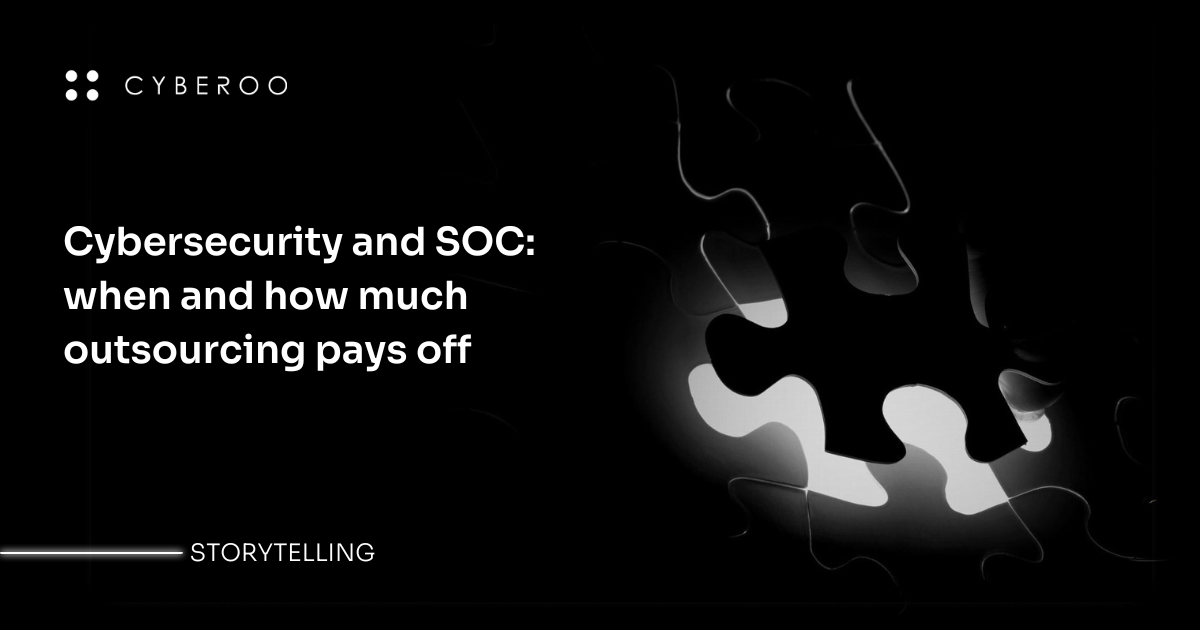Cybersecurity and SOC: when and how much outsourcing pays off
Security Operations Centers (SOCs) are the beating heart of an organization's security: we are talking about centers that specialize in managing all those cybersecurity activities that monitor the health and defense status of a corporate infrastructure. These are highly specialized actions that require very specific skills. For this reason, it is necessary to determine whether it is better to invest in the implementation of an in-house structure, or to choose an outsourced SOC. To figure out which is the winning choice, you should value some factors.
SOC and outsourcing, overview
Today most companies are leaning toward outsourcing. This is confirmed by numerous research studies, including the Pulse "Outsourcing Security" surveying more than one hundred organizations worldwide. The results showed that 88 percent of respondents outsource their cybersecurity processes or tools. Of this percentage, about 50 percent turn to MSPs (Managed Service Providers).
The main purpose of a SOC is to analyze the telemetry of a company's technology infrastructure: devices, networks, applications, and individuals that move the organization's data. This activity involves the use of automated tools that detect the state of an information architecture from a multitude of sources in order to create a critical mass of information for analysis. At each instant, then, these data are compared with benchmarks. If necessary, at that point, any anomalies are flagged and the appropriate course of action is considered.
Cybersecurity, the costs of a SOC
This premise, although it considers only the macro-categories of processes performed by a SOC, already provides an idea of the resources needed to create this hub of activity, including
- qualified and specialized professionals;
- a dedicated infrastructure;
- specific equipment;
- appropriate software solutions.
Moreover, a SOC in order to be effective should be active 24 hours a day, with obvious consequences for staff rostering. The first observation to be made is that the costs of a SOC, if run in-house, are very high.
Training matters
The second point to consider when developing a SOC is to keep both systems and personnel up-to-date. Members of a Security Operations Center must be constantly trained on evolving threats, software solutions, and all the strategies needed to detect next-generation attacks as quickly as possible and act accordingly. This training, which must be continuous, weighs heavily in the balance of costs. It is also good to consider the need to dedicate adequate space to the SOC, with dedicated tools-such as display-walls and monitors for each operator.
Choosing an outsourced SOC
Investing in an in-house SOC is undoubtedly costly, both in terms of cost and management. Therefore, choosing outsourcing is the best choice in most cases. Outsourcing, in fact, allows you to:
- have the support of professionals available 24/7, 365 days a year;
- reduce costs;
- benefit from advanced technologies;
- be assured of relying on a competent, constantly updated team.
In this way, the company can focus on its business and leave cybersecurity in expert hands.
